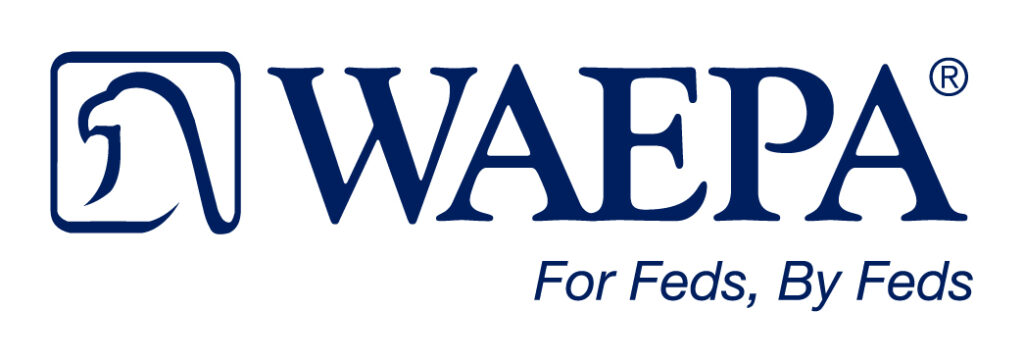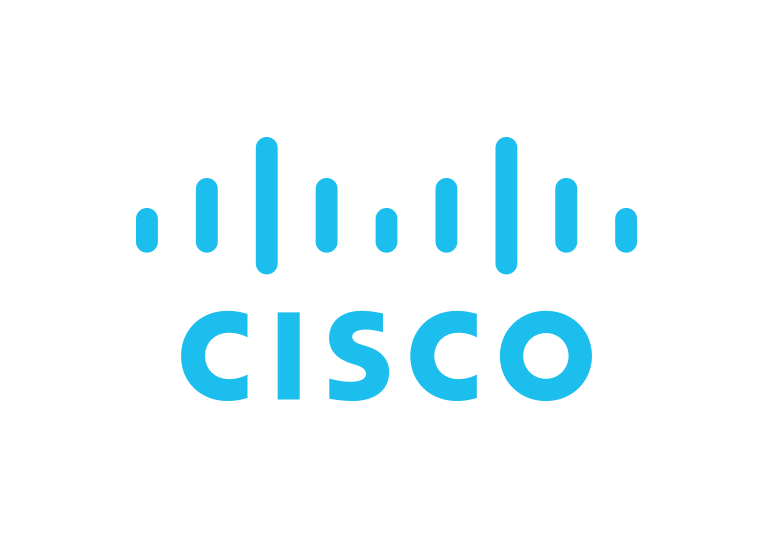
How To Be Happy At Work
I’ve been struggling lately with whether or not to look for another job. I like my job, I like the people I work with, and I like the work itself. I spent a lot of years working really hard to get this job. I think I’ve even called it a dream job.
I don’t think a new job is the answer to what I’ve been feeling. I don’t actually want a new job. What I really feel is that I should want a new/better/bigger job so that I can be more successful, and in turn, happier overall. My brain has told me that once you get a good job, the path to greater happiness is to get an even better one.
Turns out, my brain is wrong along with my formula for evaluating success in relation to happiness.
In his fantastic TED talk, Shawn Anchor provides the key principles of Positive Psychology. He says, “It’s not necessarily the reality that shapes us, but the lens through which your brain views the world that shapes your reality. And, if we change the lens, not only can we change your happiness, we can change every single educational and business outcome at the same time.”
The assumption is that our happiness is predicted by our external world — our job title, our fancy degree, our luxury car, etc. However, psychologists can only predict 10% of your happiness based on external factors. This means that 90% of happiness is predicted by internal factors, or how your brain processes the world around you.
When narrowing the focus to work, Anchor says that 25% of job success can be predicted by IQ. If only a quarter of your success is predicted by whether or not you can perform the work, what predicts the rest? It turns out that 75% of your success can be predicted by:
- optimism
- social support networks, and
- the ability to see stress as a challenge rather than a threat.
Anchor goes on to say that our common happiness/success formula goes like this: “If I work harder, I’ll be more successful, and if I’m more successful, THEN I’ll be happier.” He calls this formula scientifically broken and backwards because if we achieve success, we only move the goal post to demand more of ourselves. This is exactly what I’ve been experiencing with my assumption that a new job will yield more success, which will yield more happiness. Anchor says that if happiness is on the opposite side of success in the formula, your brain will never get to happiness. It will only focus on ways to achieve more success, never coming to rest in a place of happiness.
Contrary to the current formula, Anchor says that if you can raise your level of positivity in the present moment, you will not only feel happier, you will achieve greater success at work. He says that in a positive state our intelligence rises, our creativity rises, and so does our energy. In fact, he says that we are 31% more productive in a positive state than when we feel negative, neutral, or stressed. This is called The Happiness Advantage, and it has been tied to being better at securing a job, better at keeping a job, superior productivity, increased resilience, less burnout, less turnover, and greater sales.
If positivity is the answer, just how can you achieve that? Anchor provides a list of practices that, when performed for 21 days, have been scientifically shown to enhance positivity.
- 3 Gratitudes: Writing down three new things each day that you are grateful for encourages you to focus on the positive.
- Journaling: Writing down one positive thing that happened in the last day focuses your attention on the positive and your brain will re-live the event.
- Exercise: Positive neurochemicals flood your brain during exercise while you train yourself that your behavior matters.
- Meditation: Time for meditation can relieve you of your negative thoughts while helping you get over cultural ADHD and focus on one thing at a time.
- Random (or Conscious) Acts of Kindness: Sending one positive e-mail a day to someone in your social support network enhances your own positive feelings while strengthening your bonds with others.
Anchor says that all of these small tasks work because you are training your brain to look for the positive instead of the negative. In turn, you are spreading ripples of positivity throughout the workforce. So, think of what you’re thankful for, go take that yoga class, run the National Mall on your lunch hour, spend a few minutes reflecting in quiet solitude or do whatever makes you happy, and then have a great day at work!
Originally posted on GovLoop by Krista J. Roche.









